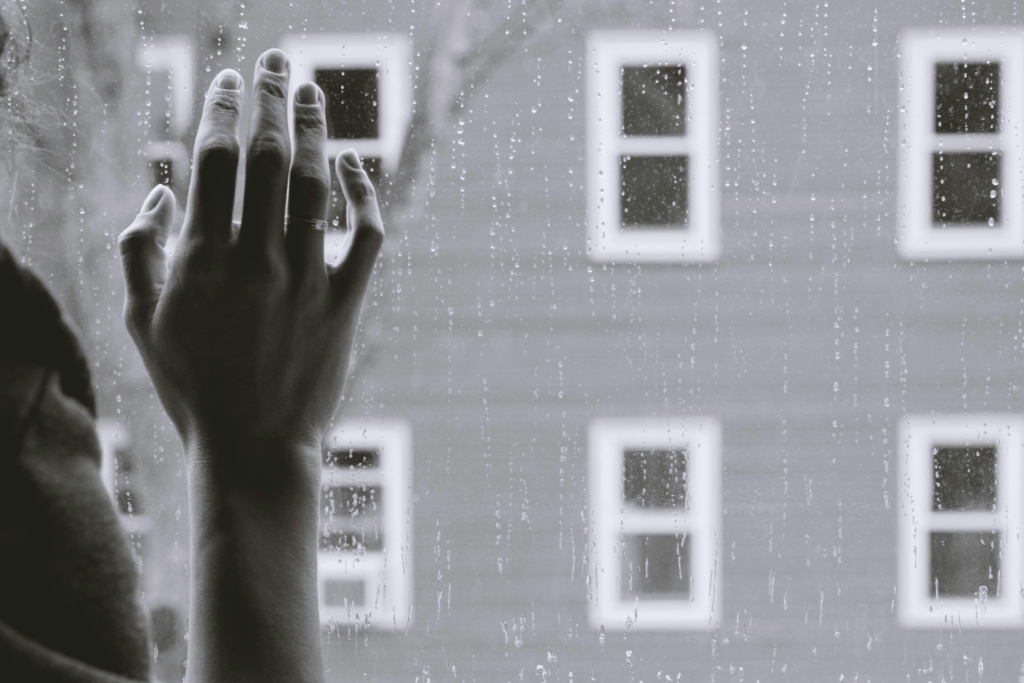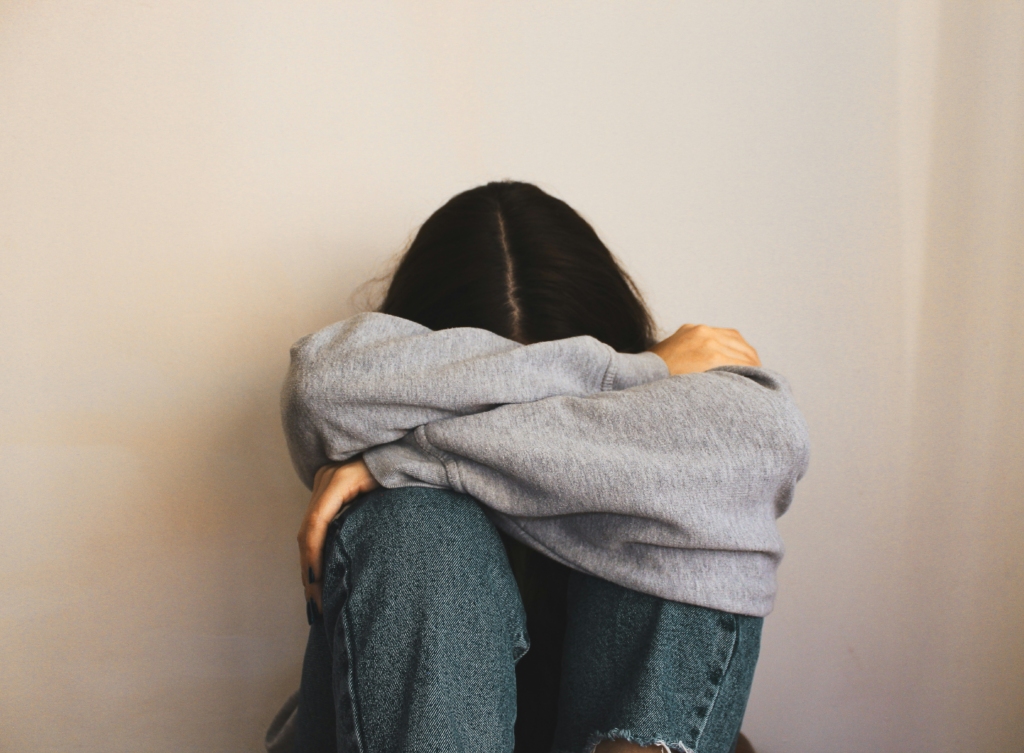
Loneliness, Connection & the Courage to Reach Out
In a world that’s more digitally connected than ever, loneliness has quietly become a silent epidemic. You might be surrounded by others and still feel hollow. Loneliness doesn’t just make you sad. It affects your mental, physical, and emotional wellbeing in profound ways. This blog explores what loneliness really looks like, why it matters, and how reaching out, even in small ways, can begin healing.
The Loneliness Reality Check
Loneliness is far more widespread than we often acknowledge:
- A UK survey found 9 million adults experienced loneliness “some” or “most of the time” in the past year, with nearly 44% feeling chronically lonely (Mental Health Foundation 2021)
- Young adults (ages 16–29) are twice as likely as those over 70 to report loneliness (Department for Digital, Culture, Media & Sport 2020)
- Research estimates that 60% of people experiencing chronic loneliness experience mental distress, compared to 15% of people who are not chronically lonely (Department for Digital, Culture, Media & Sport 2022)
Loneliness isn’t just discomfort, it’s a public health hazard with emotional and physical implications.
Why Loneliness Hurts
Our need for connection isn’t just emotional, it’s biological. Loneliness triggers our body’s stress systems, elevating cortisol, weakening immune response, and disrupting sleep. Mentally, it often manifests as anxiety, sadness, emotional numbness, or drifting motivation.
For older adults, early loneliness becomes a predictor of depressive symptoms later in life, but its impact spans all ages. Physically, studies show that prolonged loneliness increases mortality risk by 26%—comparable to smoking fifteen cigarettes a day. Cardiovascular issues, hypertension, and inflammatory responses are elevated in people feeling chronically disconnected.
In sum, loneliness is not “in your head.” It lives in your body, and leaves a mark.
Understanding Different Forms of Loneliness
What many miss is that loneliness comes in layers, not just as isolation.
- Emotional loneliness is the ache of lacking deep, safe relationships—when you’re surrounded but not truly seen.
- Social loneliness appears in the absence of a community or group where you belong, where you’re known and accepted.
- Existential loneliness is the profound sense of disconnection with life’s meaning, with others, and even with yourself.
It’s possible to feel all three at once or none—and to feel lonely even in a crowd. This matters because recognizing which type you’re experiencing can guide how you respond best.

The Isolation Paradox & The Courage to Reconnect
Despite living in an ultra-connected era, many feel lonelier than ever. Social media, remote work, and superficial interactions can amplify feelings of exclusion rather than compassion. In fact, young adults in shared housing or with many online friends often report deeper loneliness than their more isolated peers.
Physical proximity doesn’t guarantee emotional closeness, and digital “connection” can feel colder than absence. It’s a cruel irony: we’re more connected, but less fulfilled.
Healing begins with courage, not grand gestures.
A simple message to someone you’ve held at arm’s length can start a bridge. That voice note or short check-in matters more than you might expect. Local initiatives like community walking groups, Chatty Cafés, or volunteering offer low-risk spaces to re-engage without pressure. Relearning social rituals such as laughter, presence, shared music, or casual outings rekindles feelings of belonging. For those entrenched in avoidance or grief, therapy offers a safe space to unpack self-criticism and build relational resilience. Peer-support groups, like men’s-only or interest-based meetings, can be profoundly normalising and healing.
Self‑Care Isn’t Just Solo Time
Reframing solitude is key. Solitude can be intentional and healing, moments where time alone feels full, not empty. But all-you-can-eat scrolling or self-isolation under the guise of “self-care” often just deepens disconnection. International Self‑Care Day (24 July) reminds us that rest and regeneration are relational too. International Friendship Day (30 July) can be a nudge to reconnect, even if it feels small. Rather than self-care being passive or isolative, consider relational self-care as reaching for connection when it’s possible, and nurturing closeness when it feels safe.
Maybe connection feels impossible right now. If you’ve withdrawn due to burnout, grief, or fear, even reaching out can feel scary. That’s understandable. Know this: loneliness is not shame but a signal. Acknowledge the small steps. Sending one honest message, attending one group session, journaling one longing. Even if it’s heavy or clumsy, it’s movement toward repair.
Connection grounded in courage, not performance or perfection, is where true resilience begins.
The Courage to Reach Out: A Final Thought
Let me tell you the truth:
You’re not broken for feeling lonely. You’re not powerless, unless you stay silent.
The courageous act isn’t grand. It’s simple: sending a message, showing up, letting someone in.
Connection heals. It builds resilience, reduces loneliness, and revives meaning. Whether you’re navigating grief, burnout, life change, or chronic isolation—reach out. Connection is possible at any moment, with any step.Email us at info@nnpsychology.co.uk or call 07341 193858 to learn how therapy and relational coaching can help you reclaim connection, courage, and belonging.
References:
1. Department for Digital, Culture, Media & Sport. (2020). Community life survey 2019/20. GOV.UK. https://www.gov.uk/government/statistics/community–life-survey-201920
2. Department for Digital, Culture, Media & Sport. (2022). Investigating factors associated with loneliness in adults in England. https://www.gov.uk/government/publications/factors-associated-with-loneliness-in-adults-in-england/investigating-factors-associated-with-loneliness-in-adults-in-england
3. Mental Health Foundation. (2021, February). Loneliness in young people. https://www.mentalhealth.org.uk/sites/default/files/2022-06/mhf-Loneliness-policy-recommendations-young-people.pdf


